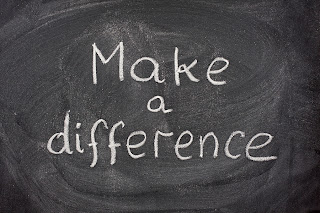 Chapter 2 Lesson 5: Manifest Destiny
Chapter 2 Lesson 5: Manifest DestinyAssignment:
- Terms and People (p.53)
- Checkpoint (p.54): What role did Mountain Men and missionaries play in westward expansion?
- Checkpoint (p.55): What difficulties and opportunities awaited emigrants heading west?
- Checkpoint (p.56): What issues led Texas to seek independence from Mexico?
- Map Skills (p.57): #2 & 3
- Checkpoint (p.58): What advantages did the United States enjoy in the Mexican-American War?
- Chinese Miners (p.58): What problems did the Chinese face in California?
- Checkpoint (p.59): How did the terms of the Treaty of Guadalupe Hidalgo affect the United States?
- Lesson 5 Assessment: #3, 4, 5 & 6
Andrew Jackson:
It's even been put into rap:

































































